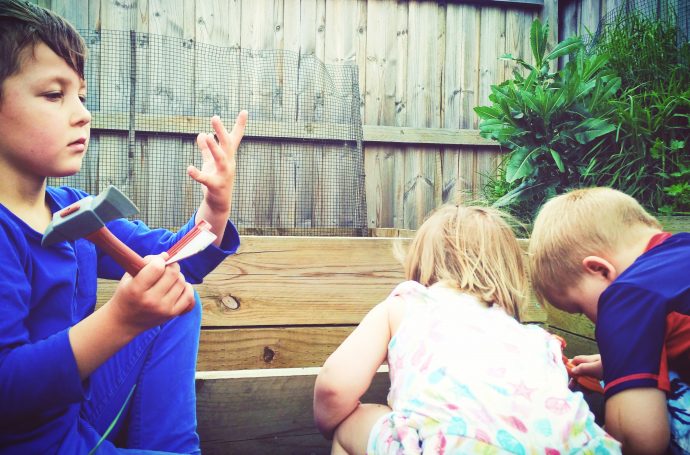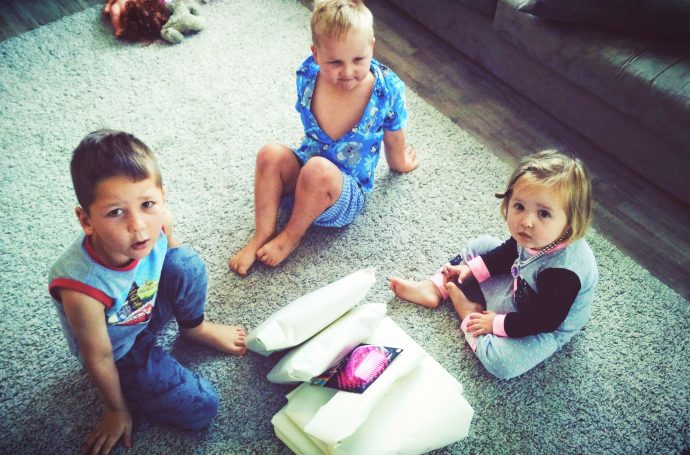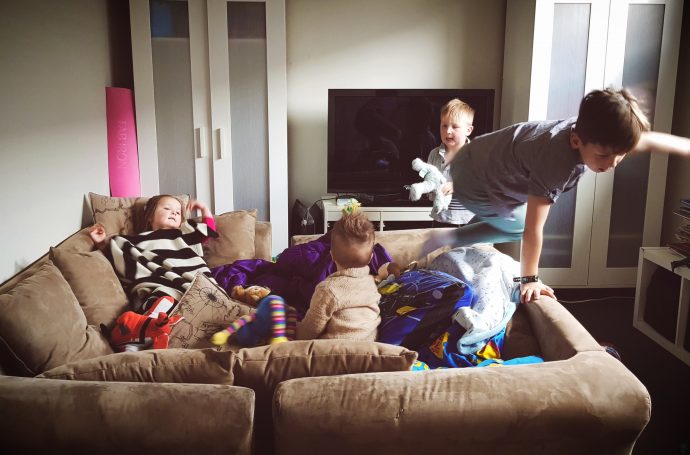What if we could change the behaviour of those around us without even speaking a word? What if our mere thoughts and expectations were enough to alter the physical outcome of others’ actions?
I’ve been listening to a podcast by Invisibilia (How to Become Batman) which delves into the science behind the power of expectations and it is blowing my mind. From experiments conducted with average rats falsely labelled ‘smart’ or ‘dumb’ to the incredible story of Daniel Kish – a man who had to have both eyes removed at the age of 13 months due to Retinoblastoma yet who can navigate the world expertly on his own – apparently, the expectations of those around us can have powerful and incredible results.
This is a hugely challenging concept as a mother. We are well versed in how powerful our words are in shaping the internal thought life and the stories that our kids tell themselves about their own identity, but to think that our unstated expectations (potentially those we haven’t even acknowledged consciously to ourselves) can also affect outcomes is kind of crazy.
Hudson had a difficult first year of life. From chronic silent reflux and hip dysplasia, to a groin hernia that was removed just prior to his first birthday, he spent the majority of that first year in distress. We are well on the path to trying to understand the impact of that period on him – including consultations with multiple paediatricians to developmental experts, and he has recently been placed on an Early Intervention waiting list – however this podcast has really got me thinking. What if we had the power to change his educational and developmental outcomes with our own perceptions of him? Do we subconsciously treat him as less than capable and harbour low expectations about his abilities to latch onto academic concepts?
Daniel Kish’s mother faced a real dilemma upon bringing him home from surgery. Should she treat her son as disabled and wrap him in cotton wool, or, should she allow him to experience the world as any other boy – letting him explore, climb, move around on his own and even learn to ride a bike without assistance? In combination with an intuitive ability that Daniel developed that involved ‘clicking’ his tongue to effectively send out sonar signals into the atmosphere around him, his mother ended up banishing the very real fears that she harboured about the potential for harm and unleashed the force of her son upon the world.
Fear is a powerful motivator for me. So often I catch myself ‘warning’ the kids about spiders or falls risks or corners of tables. In reality, these panicked missives do little to prevent impending injuries and instead potentially weave the same fear response into my children. Indeed, I can vividly remember diving to remove an obstacle from the path of Hudson only to witness him falling on the bare floor that I had just cleared. Or there was the time that I was cautioning Dave and the kids in the midst of their wrestling game moments before Hudson dived head first into the chair leg a mere meter away from me, garishly splitting his head open. I dislike that my mind turns to the worst possible outcome so often and that I think I somehow have the power to prevent evil from befalling my family just by lecturing it away.
The field of neuroscience is only just beginning to scratch the surface of this incredible reality, but I am so challenged to rethink some of the ways I interact with those around me. From expectations about Eli’s management of emotions to projections of future catastrophes, I am convicted to pursue a path of greater risk – one less driven by the fears of what could happen if I relinquish the illusion of control. The interactions of humans are so fascinating and shimmering with layers of meaning and potential. Who knew that we all wield such great power?




